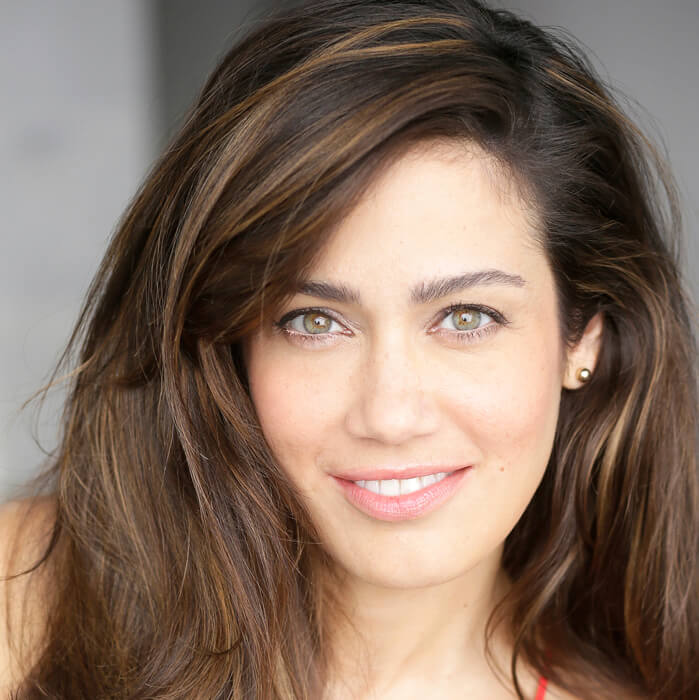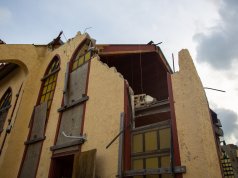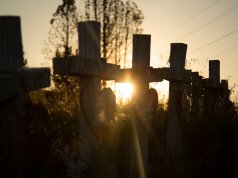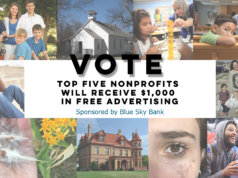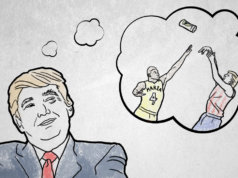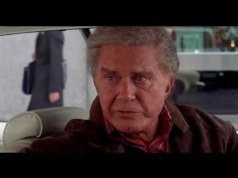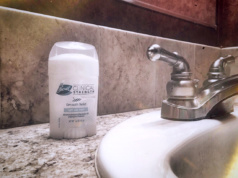
Growing up in Puerto Rico, I witnessed numerous disasters, such as the 1985 floods, which resulted in deadly landslides, Hurricane Hugo and Hurricane Georges. Although those events caused great loss, they also produced beautiful moments of compassion and selflessness.
I live in Oklahoma City now, but I will never forget cleaning mud out of the houses and cars of neighbors I barely knew, alongside my parents, sisters and friends. I still vividly remember sharing food with those same neighbors, living by flashlight and candles for long swaths of time and spending days outside because inside was too hot and unbearable.
Sitting in a Los Angeles hotel room on Sept. 18 and reading incoming news of Hurricane Maria, similar feelings of fear and devastation rushed over me. I also experienced a familiar feeling of hope — I knew my people were strong, and they would come through the crisis. While I nursed terrible nausea that came from worrying about my island, I began formulating a plan to get to Puerto Rico as soon as possible.
Private plane stocked with supplies
Because of Puerto Rico’s antiquated electric, water and communication systems, “as soon as possible” turned into nine excruciating days later. My family, from the southern town of Ponce, were completely off of the communication grid, and I didn’t know for most of those nine days whether or not they were OK.
During that time, my boyfriend, Bill Cameron, secured a private plane for a group of volunteers and me to take to Puerto Rico and distribute necessary resources. I was moved that he and his employees at American Fidelity instantly responded in such a big way and floored that Bill declined a seat on the plane, instead allowing it to be filled by sick and elderly people we brought back from Puerto Rico.
While waiting to fly out, we gathered supplies including water, generators, diapers and canned foods. My idea was to help some of the poor, southern communities in and near my hometown, communities I knew had been impacted and further isolated by the hurricane. We also heard reports that getting to southern Puerto Rico was difficult because of damaged bridges and roads.
Thankfully, a former work colleague, Josema Hernandez, had the brilliant idea to enlist the help of unemployed concert managers and roadies. Because of the hurricane, all live shows in Puerto Rico have been canceled through January 2018; so, the young men jumped to action. Within a few days, they had built a distribution system that included trucks and armed security, which were awaiting us when we arrived.
When we landed, we went straight to Chef José Andrés’ improvised kitchen at La Placita in Santurce to pick up meals. Chef Andrés gave us trays with more than 200 meals. After departing Santurce, we arrived at my sister’s house. With the help of my sisters, nieces and their friends, we divvied food onto plates and began passing them out to people in southern Puerto Rico.
The tragic case of Punto Diamante
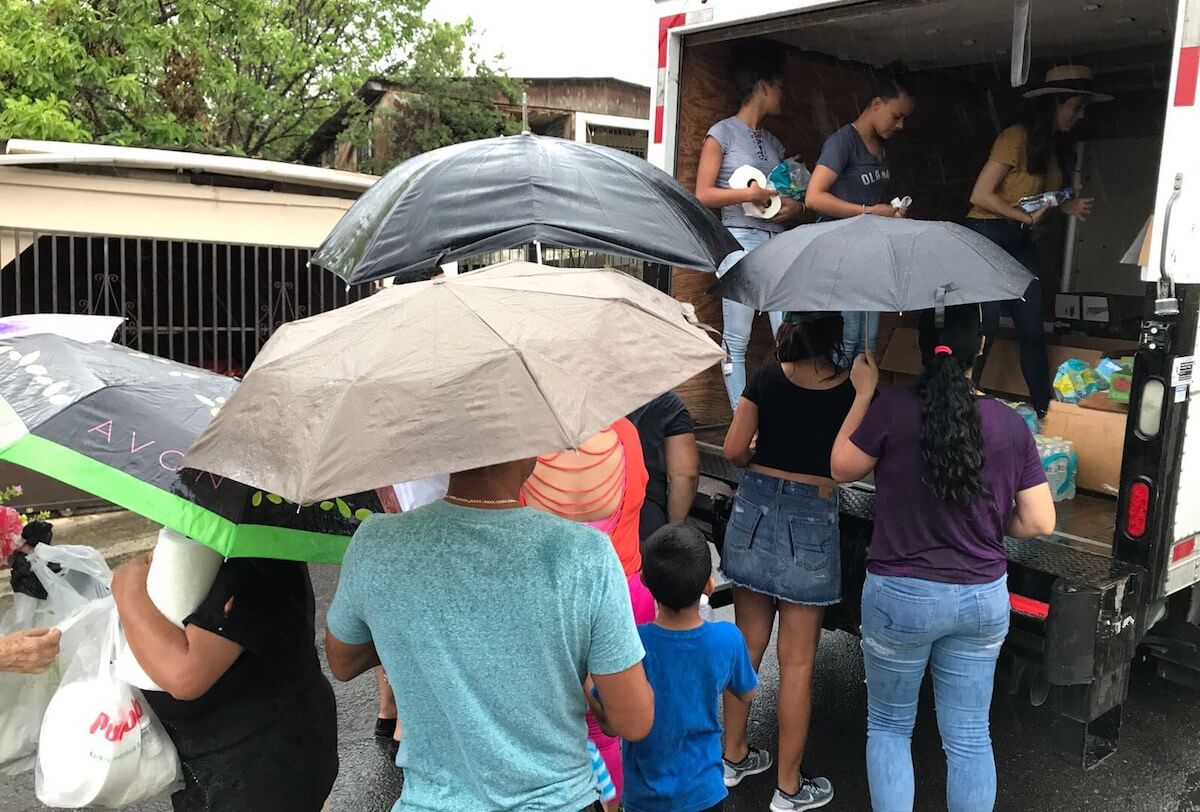
One specific community, Punto Diamante, had been on my heart since I received the news of Hurricane Maria. After the floods and landslides of 1985, many were forced to flee into the mountains. Growing up, I could see the broken community from my window. I remember looking out of my cement home with air conditioning and running water and seeing a community with practically nothing. Over time, though, the community was able to rebuild and became what is now known as Punto Diamante. It took them years to rebuild, yet Hurricane Maria took mere hours to devastate them once more — many lost portions or all of their homes.
So, on Sept. 29, we distributed Chef Andrés’ meals using local TV and film producer Josema Hernandez’s resources and trucks. Volunteers from Oklahoma and Puerto Rico came together to help Punto Diamante. It was a beautiful sight.
Over the course of my visit, I noticed how Puerto Ricans were turning heartbreak into heartwarming moments. I also noticed other, more troubling realities. As we distributed supplies, the disoriented look of shock met my eyes again and again. Families were grateful, but I could see fear etched on their faces — fear that this might be the last meal, the last case of water for a long time. It was like witnessing the dark ages — many still have no shelter, no clean water and no way to communicate with their loved ones.
I’ve experienced the Oklahoma Standard
I’ve lived in Oklahoma City for nearly five years. Oklahoma knows devastation; the Oklahoma City bombing, the 1999 and 2013 tornadoes are just a few examples. I know that Oklahomans, like Puerto Ricans, come together during difficult times. While preparing for the trip, and even now, as I try to find ways back to Puerto Rico, I’ve experienced the Oklahoma Standard firsthand.
Still, these are troubling times for my home. Puerto Rico has been facing a depressing financial crisis for nearly a decade, our political system is in a state of upheaval, and my vibrant, beautiful people have endured natural disaster after natural disaster. It is frustrating for me to watch politicians mismanaging funds and creating jobs and facilities that are unsustainable. One positive outcome of Maria is that political leadership is now forced to focus on what matters — money, energy and resources going to sustainable efforts, rather than simply winning elections.
Through it all, there is one thing of which I am certain: Puerto Rico deserves the full support of the United States. I am proud to be American, but I demand more for my home. The lopsided relationship between Puerto Rico and the United States is problematic. We are American citizens, yet at times during this disaster, we’ve felt like foreigners because of the misplaced political rhetoric. I know change is possible; I’ve seen it happen, but I cannot remain silent, because my family and my home are still enduring a humanitarian crisis. It is imperative we all speak and speak boldly, for as the United States makes Puerto Rico stronger, they will become stronger, too.









